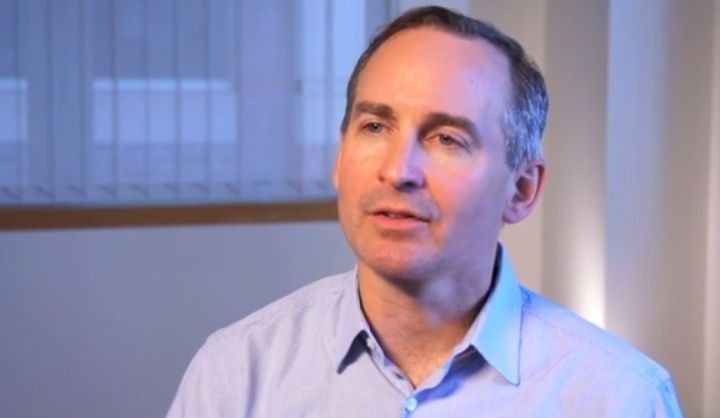- September 24, 2013
- Social Media
During the convening of the Urban Policy Advisory Group in August, city leaders spoke with us about how their cities are using data to improve their governance. Chris Murphy, Chief of Staff to Mayor Vincent Gray of Washington, D.C., told us about Grade.DC.gov, the District's sentiment analysis initiative.



